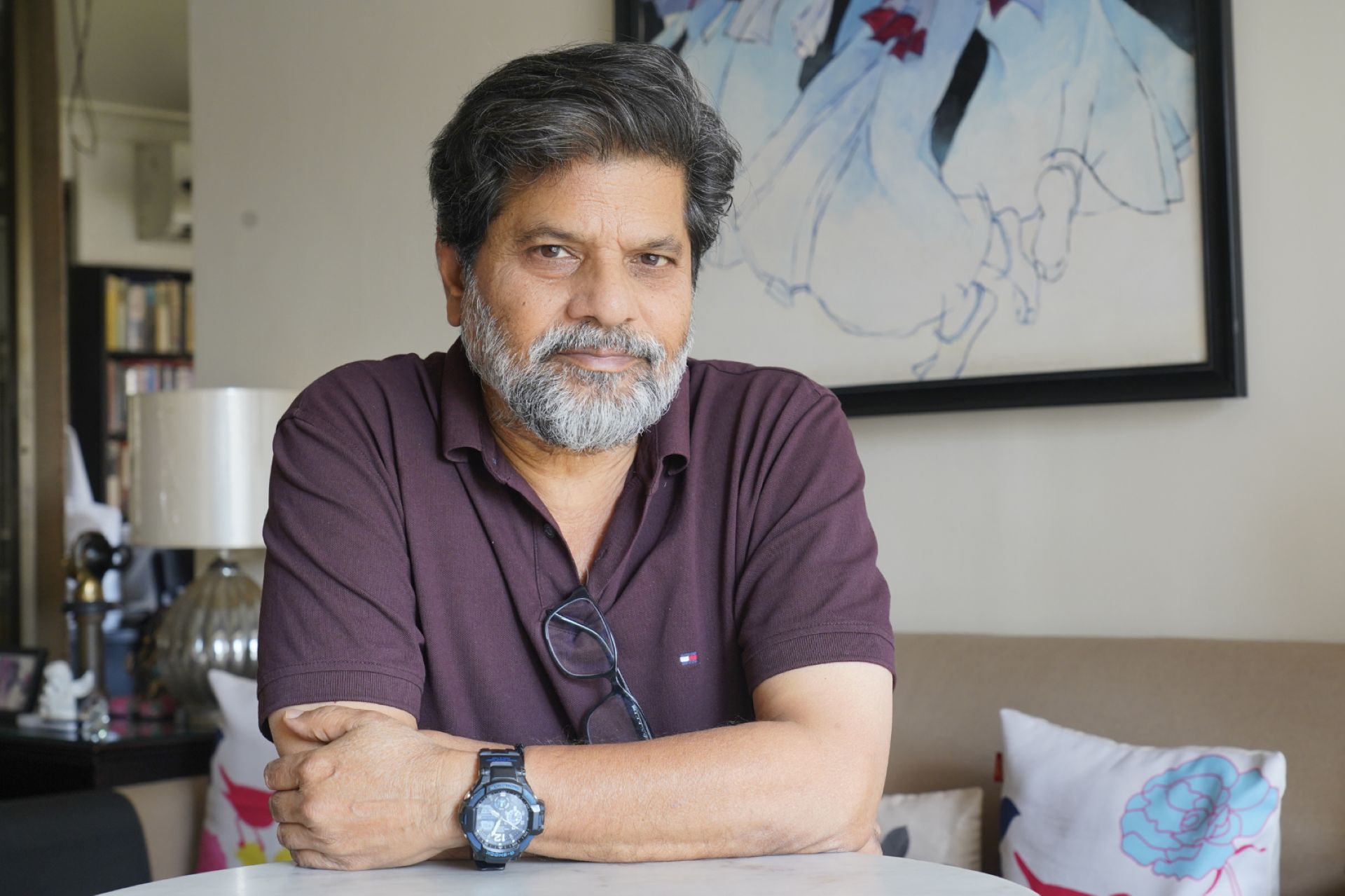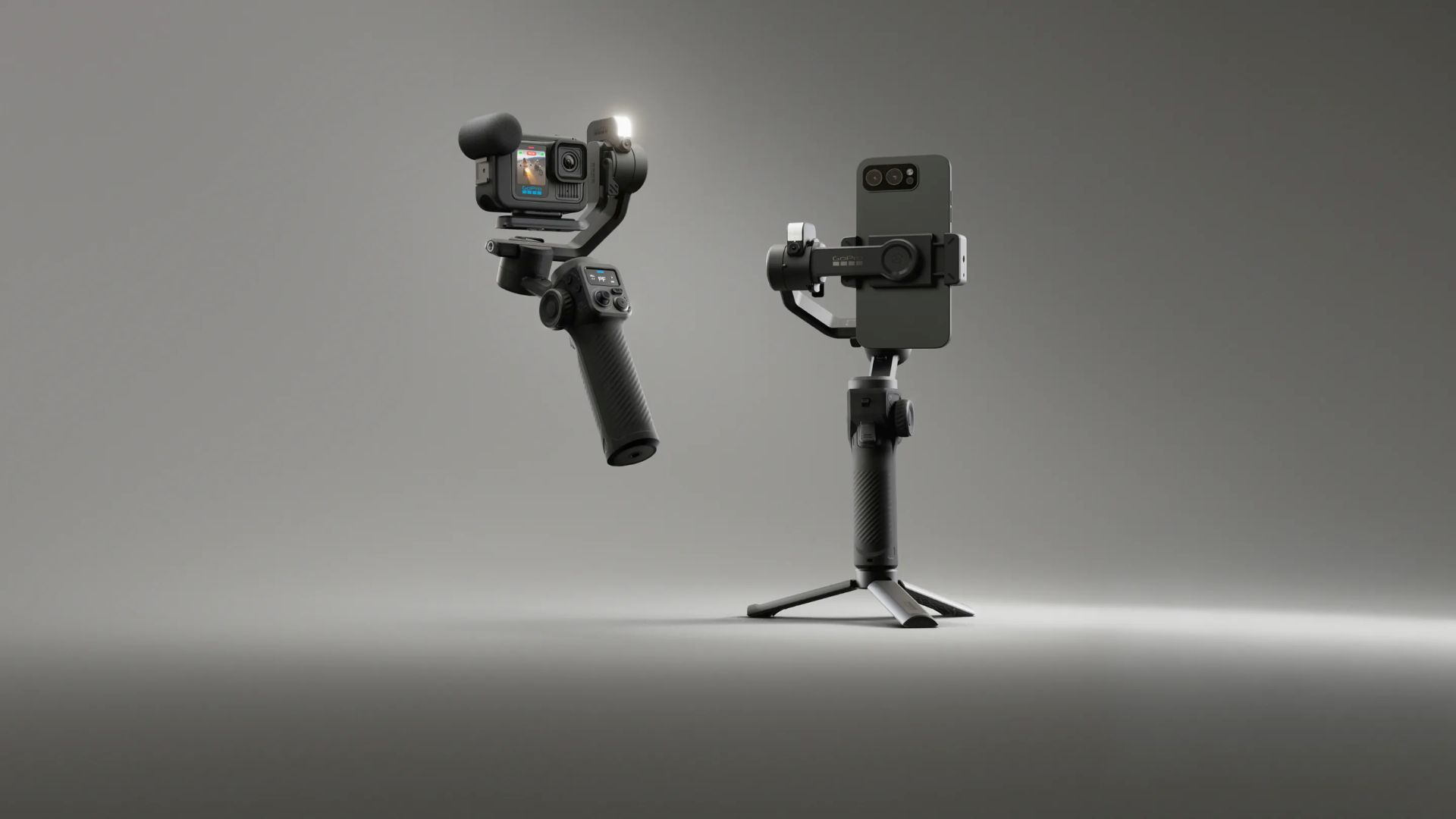India’s vibrant film and television production scene just took an interesting turn. Canon India has announced two new Cinema EOS Ambassadors: Mr. Kiran Deohans and Mr. Sudhir Koushik—names that hold considerable weight in their respective spheres. It’s a move that not only celebrates artistry but also underlines Canon’s deeper commitment to nurturing a creative ecosystem, one that’s constantly evolving with the changing tides of visual storytelling.
Mr. Deohans, long regarded as a cinematic craftsman, brings to the table a portfolio that reads like a chapter from modern Indian film history. Think ‘Jodhaa Akbar’, ‘Kabhi Khushi Kabhie Gham’, and even earlier, the iconic ‘Qayamat Se Qayamat Tak’. His visual language—layered, emotionally resonant, meticulously composed—has defined how we remember these films. Then there’s Mr. Koushik, who’s made his mark in the ever-demanding world of television and OTT. From the tension-laden sets of ‘Kaun Banega Crorepati’ to the performance-rich environments of ‘Coke Studio’ and ‘MTV Unplugged’, his range reflects a mastery over unscripted, high-energy formats. Together, their inclusion sends a clear message: Canon is thinking broadly and ambitiously about the future of image-making in India.
The Cinema EOS system itself has a bit of a cult following. Since its debut in 2011, it’s been embraced by filmmakers for its intuitive interface, robust color science, and of course, Canon Log and Dual Pixel Autofocus—two features that have quietly become essential in many professional toolkits. In a market like India, where you’re often navigating extremes—scale, light, movement—this kind of adaptability can be a game-changer. The cameras aren’t just about specs; they’re about enabling vision, and that’s something both Deohans and Koushik clearly value.
Mr. Vishesh Magoo of Canon India perhaps put it best when he said that cinematography isn’t just about image capture—it’s cultural storytelling. That sentiment echoes throughout this announcement. Both ambassadors, in their statements, emphasized storytelling over tech—how gear should support narrative, not the other way around. Deohans even mentioned cinema as a vessel for memory and feeling, while Koushik pointed out the importance of brands that evolve alongside creators, not just for them.
And that really is the heart of this initiative. Canon’s Ambassador Program isn’t just a badge or a sponsorship—it’s an invitation into a dialogue. It’s a feedback loop, a mentorship network, a way to stay grounded in the lived realities of modern filmmakers. With Deohans and Koushik on board, Canon taps into both ends of the storytelling spectrum: the carefully orchestrated beauty of cinema and the immediate, adaptive energy of unscripted content.
This move also signals something larger—a growing industry-wide shift toward community-driven development. Canon isn’t just marketing cameras; it’s cultivating a generation of storytellers who can lean into the tech without losing sight of the art. By working closely with professionals who live the day-to-day grind of filmmaking, Canon stays relevant, informed, and genuinely helpful.
So, while this might look like a straightforward ambassador announcement on the surface, it’s really more than that. It’s Canon India planting a flag—saying, in effect, “We’re here, we’re listening, and we’re invested in where Indian cinema and content creation are headed.”
And if you’re a filmmaker, whether you’re lighting a historic palace at dawn or capturing a tense quiz show moment under studio lights, it’s nice to know there’s gear out there that actually gets it.
FAQ
Q1: What is the Canon Cinema EOS Ambassador Program?
A1: It’s a platform where Canon collaborates with top-tier creatives in photography and filmmaking. These ambassadors provide real-world insights, mentoring, and help Canon stay aligned with industry needs.
Q2: Who are the new ambassadors?
A2: Kiran Deohans, a noted cinematographer in Indian cinema, and Sudhir Koushik, an expert in TV and OTT production.
Q3: What kind of work are they known for?
A3: Deohans for films like ‘Jodhaa Akbar’ and ‘Kabhi Khushi Kabhie Gham’; Koushik for shows like ‘Kaun Banega Crorepati’ and ‘Coke Studio’.
Q4: Why is this important for Canon India?
A4: It strengthens Canon’s bond with the filmmaking community and ensures its gear meets the evolving demands of modern storytelling.
Q5: How do filmmakers benefit?
A5: They gain access to mentorship, a sense of community, and tools that are informed by actual user experience.
Q6: What makes the Cinema EOS system stand out?
A6: Features like Canon Log for better grading, Dual Pixel Autofocus for precision, and reliable performance in varied conditions.
Q7: What does this say about the current state of Indian visual content?
A7: It reflects a diverse, fast-growing landscape where both traditional cinema and digital formats demand high-quality, adaptive technology—and Canon’s keen to support both.


















